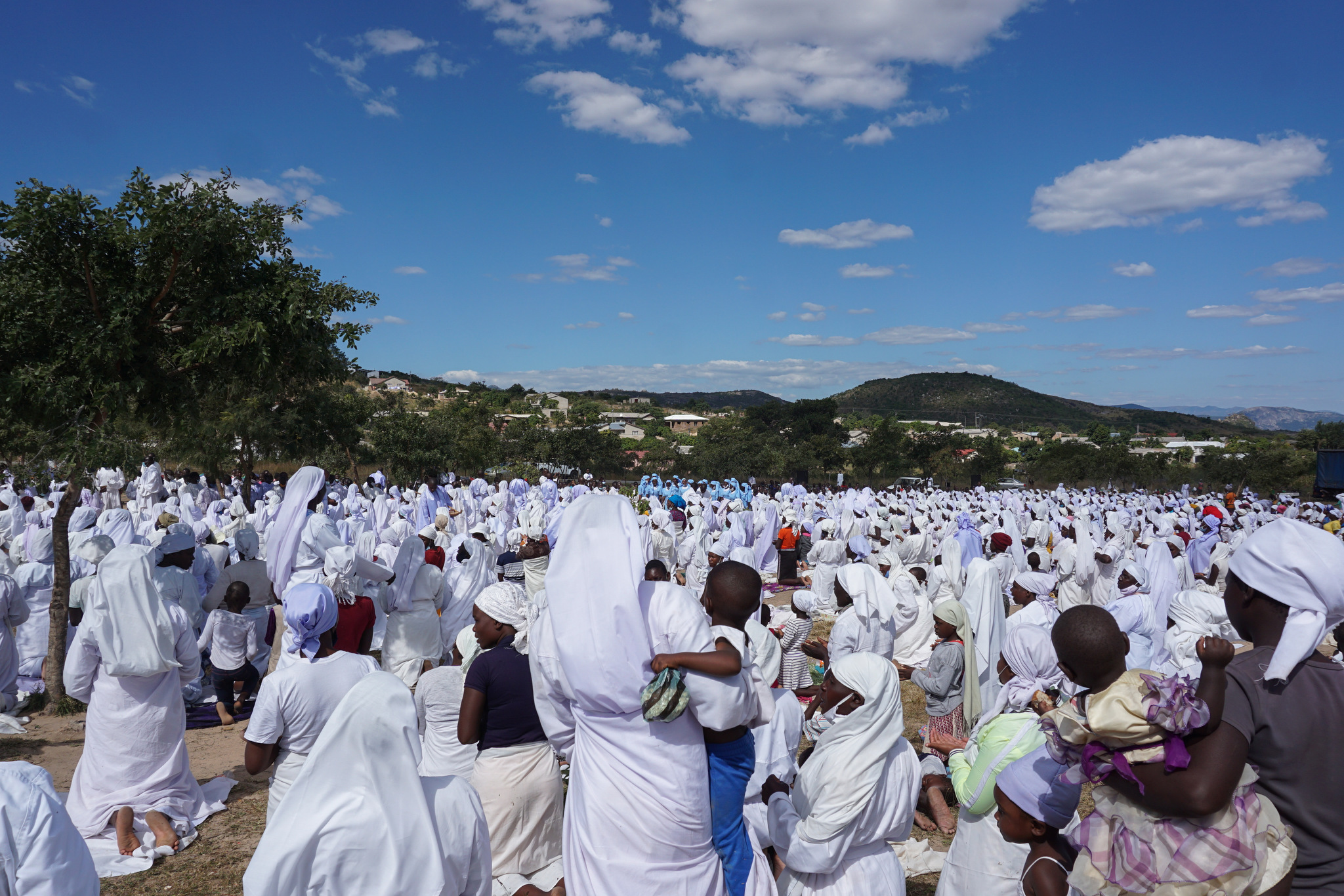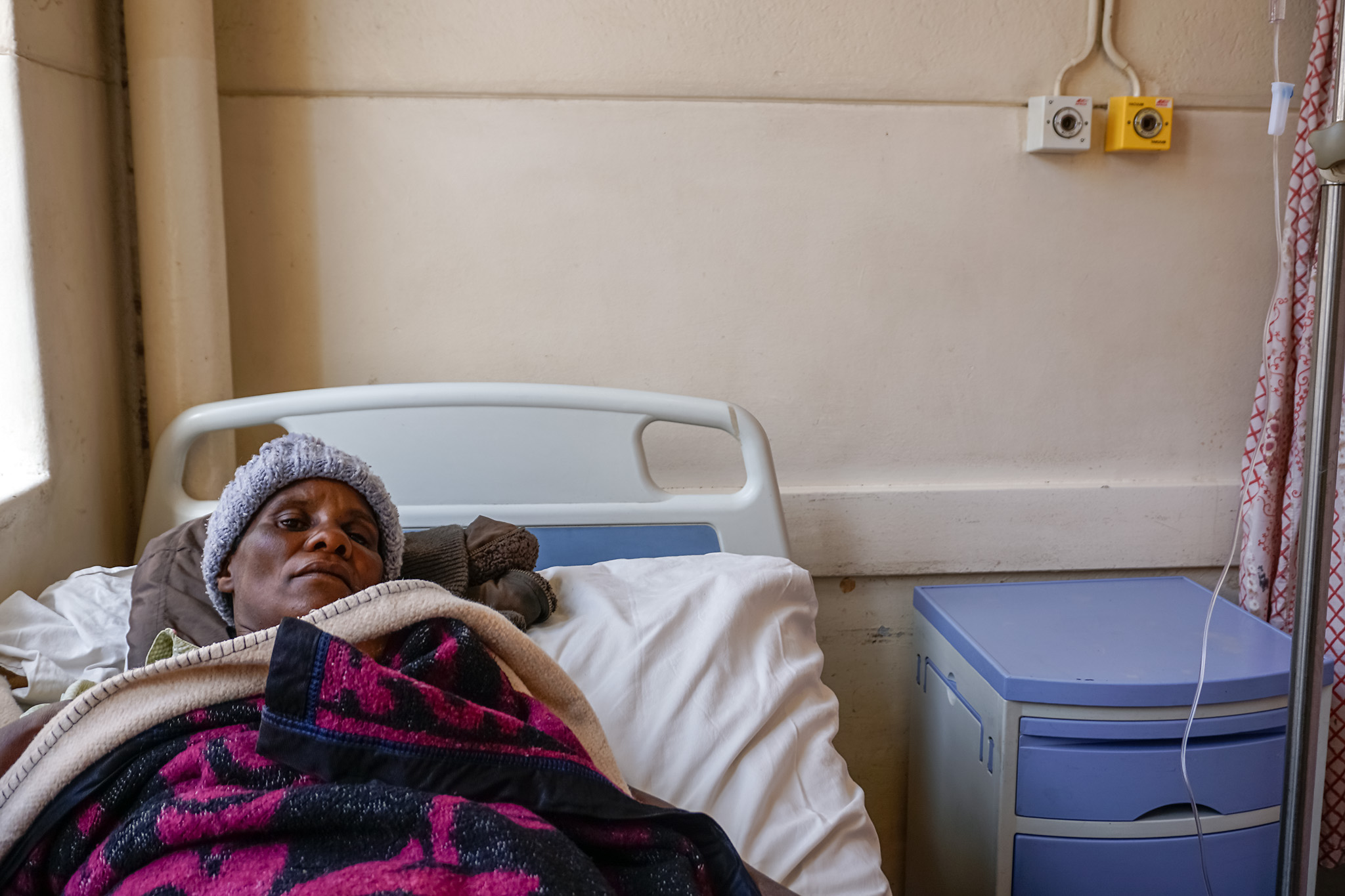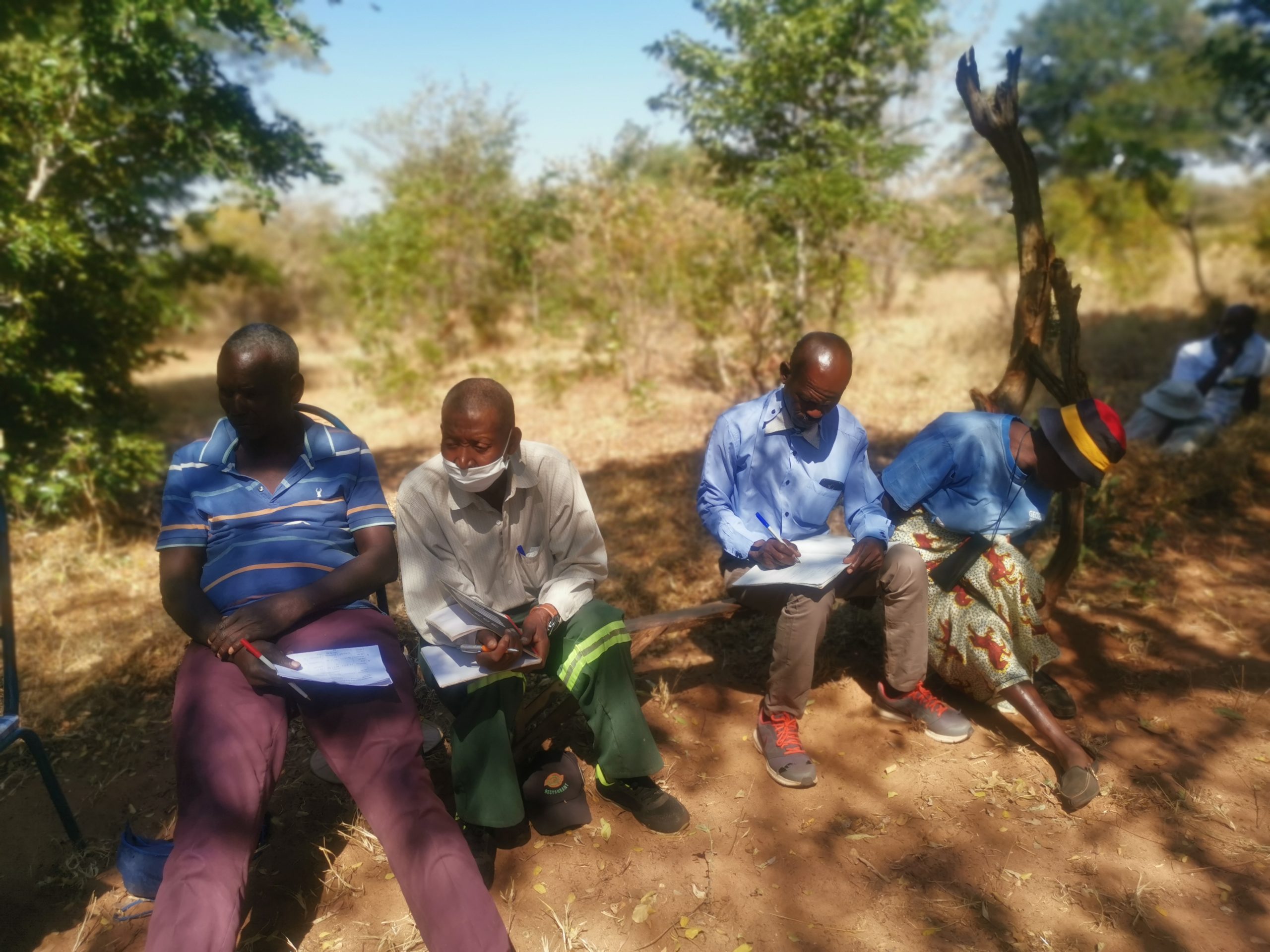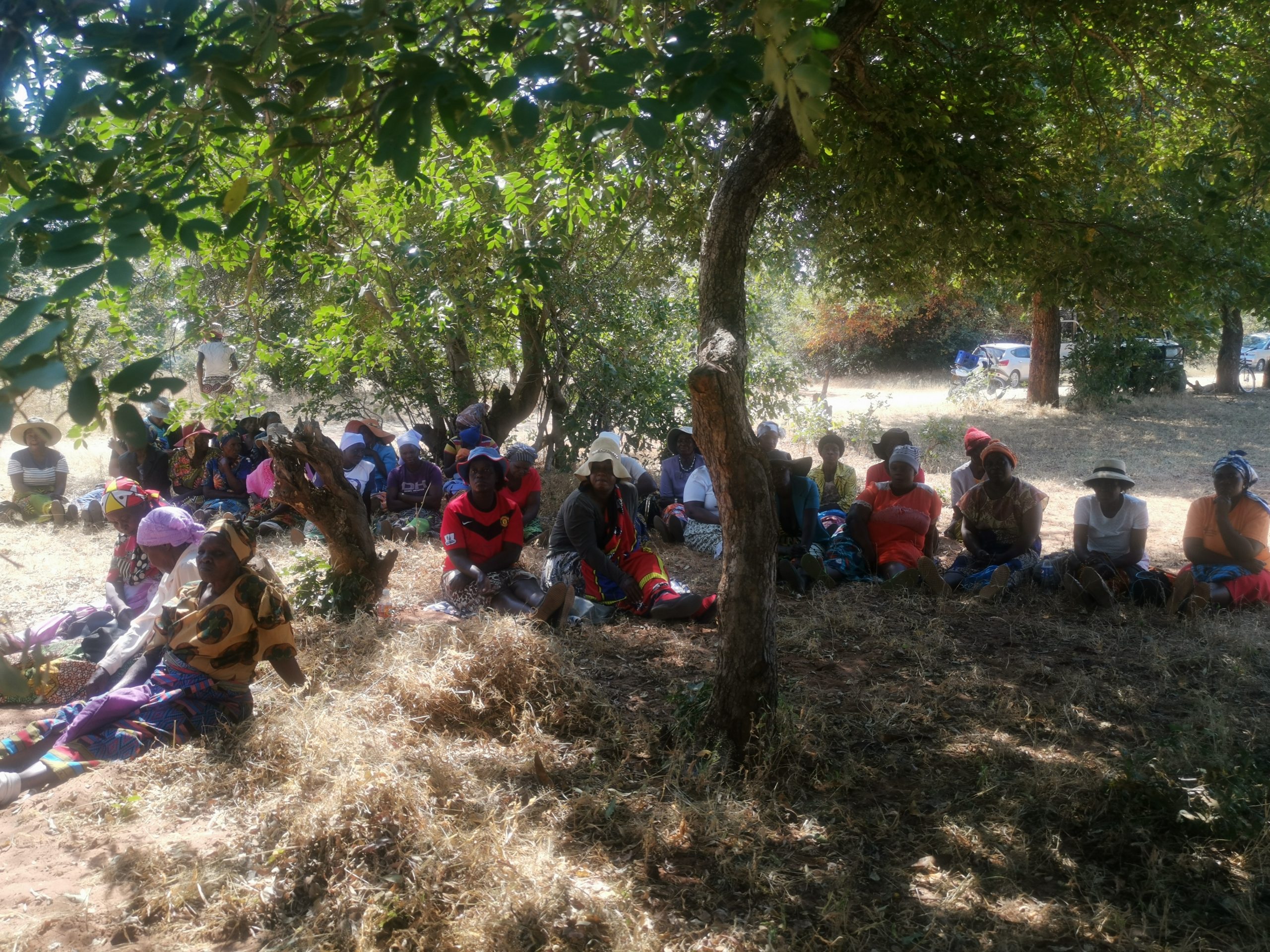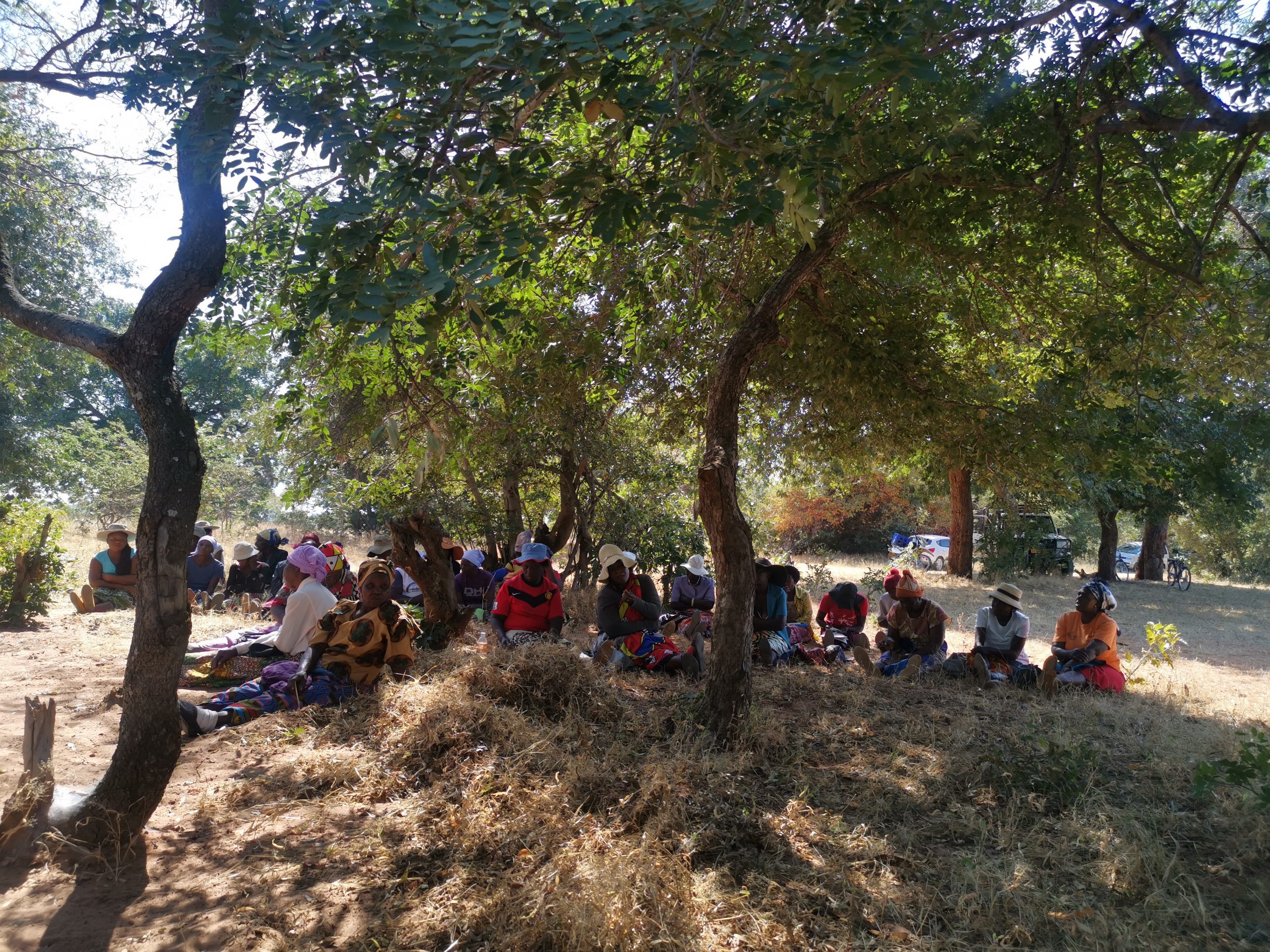BY ANGUS BEGG
Blessing Munyenyiwa pours his own labelled gin at the bar on the upstairs terrace of his newly built, outer suburban boutique hotel, overlooking the dry mopane woodland of Zimbabwe’s outer Victoria Falls, the town he calls home.
Looking west, it is an idyllic spot for a safari sunset.
Given that the self-made businessman and philanthropist likes to quote Winston Churchill, Britain’s World War 2 hero and prime minister, the drink almost seems appropriate.
He is gesturing towards where he says the spray can usually be seen from the Falls when I ask him about the time he issued a plea to President Emmerson Mnangagwa, (which went viral on YouTube) to halt mining in national parks.
“I sent an open letter video to the president addressing what many Zimbabweans felt was right, in standing up for (protecting) wildlife from (the effects of) mining within the national parks… and I am proud to say within the same day he had listened to his people and reversed the permissions to mine.”
Two waitresses move between guests with trays from the kitchen downstairs, bearing sushi.
“I think if anything, that should tell you where Zimbabwe is going, in a positive direction.”
Munyenyiwa is fast becoming the stuff of inspirational legend in Zimbabwe’s Victoria Falls.
Not for the creation of Victoria Falls’ very own gin label – the idea for which he ascribes to a friend named Charlotte – nor the minimalist hotel design, but for what he is giving back to the land of his birth.
Networking and influence
Using his global network of influence, he has facilitated the installation of an Innovation Lab at a local school, and an oxygenator and vital equipment for the intensive care unit of the town’s local hospital during the worst of the Covid-19 pandemic in early 2020, to the value of hundreds of thousands of US dollars.
While at birth his eyes probably carried the twinkle they do today, Munyenyiwa says his pockets weren’t always so deep, nor his network so large.
A young man in Zimbabwe’s Matabeleland South, after finishing school in Plumtree, near the Botswana border, he says he was hired by Wilderness Safaris, a major southern African tour operator, and given the gift of appreciation for nature.
He says this early passion for wildlife led to a career as a safari guide in both Zimbabwe and, however odd it may sound, Disneyland in the United States.
Disneyland
He details the relative intercontinental journey that followed: via Disney World’s Animal Kingdom in the US, and Disney Cruise Line, back to a job with Wilderness in Zimbabwe, where he “eventually became co-managing director for Wilderness Safaris Zambia & Zimbabwe”, followed by marketing contract positions with Harare’s Meikles Hotel and the Cape Grace in Cape Town.
This Matabeleland local’s gratefulness is a sometimes unspoken theme throughout our time together, whether in the interview or having a drink before the UEFA Champions League game between Liverpool and Atletico Madrid.
The theme is evident when he speaks, singling out the name of Mike Vincent (current Wilderness Safaris CEO) more than once for teaching him “so much” about the safari and tourism industry.
In 2013, Munyenyiwa founded Love for Africa, which he describes as a destination management company tailor-making trips to southern Africa.
He has also built “a portfolio of some safari camps in Zimbabwe with like-minded partners in Hwange and Mana Pools national parks”.
Friends, family and community
One of those partners is Alistair Rankin, CEO of Botswana-based Mashaba Safaris.
Rankin says he started working with the Bulawayo-born Blessing as a guide “in the early days of this century at a leading Okavango safari operator”.
He says they have been friends for many years.
“Blessing approached us and asked if we wanted to invest in Zimbabwe. Verneys (Hwange National Park) was his lease, and that’s how we started together, with Blessing joining our board.”
Rankin says their Zimbabwe footprint grew, in keeping with their friendship, describing the former Plumtree schoolboy as “having a big heart” and always willing to help others.
Victoria Falls resident and owner of Africa Conservation Travel, Shelley Cox, is in such admiration of the values that Munyenyiwa carries around in his backpack that she and her husband chose him to be godfather to their daughter.
“Blessing is not just a family man, he is a community man… he extends his care and actions to benefit a circle that extends beyond his immediate family… to that of the greater good for people within his country.”
Cox describes the passionate Zimbabwean as “one of the most helpful and good-intentioned people” she has met, and says she is “privileged and blessed to call him a friend and mentor.”
Munyenyiwa’s care for the greater community beyond his friends is on show when I join him at the Innovation Lab he had installed at Mosi-Oa-Tunya High School, on the less-fashionable edge of town.
Here, where children from five to 18 years old are learning how to map and code, he introduces the teachers and assistants helping the children get to grips with their Apple tablets.
From garden to laboratory
One of them is Rodwell Rapelang, a “computer hub facilitator” at the school.
Rapelang apparently used to work in the garden at the local hospital.
Munyenyiwa says they trained him to be a facilitator after recognising that he had the required enthusiasm and aptitude for the job.
With the smartly uniformed kids huddled around their desks behind him, Rapelang takes time out from dealing with a question to show us some robotic balls.
The former game guide says 10 such current projects are spread around Bulawayo, Harare and Victoria Falls.
“This is the future, what keeps my heart smiling. We hope to reach at least all 10 provinces in Zimbabwe in the next three years.”
The origins of care
The philanthropist says he was reminded what it was like to struggle, and the value of being given a chance, while working in the US.
“I literally lived on those Cup-a-Soup-type noodles in the USA every day, as I was on a tight budget, saving every penny I could to travel once a month in the area.
“And being the first born and only one working, I had to send money home to assist my parents.”
Munyenyiwa says his life was changed at Disney’s Give Kids The World, which works closely with the Make A Wish Foundation.
“All these special children, most terminally ill”, he says, “came to us, most living their last wish.”
He says he was warned not to get emotionally attached to the children they worked with, but that he did, and the specific child’s parents asked to see him every time the boy visited.
“After that I knew I wanted to make a difference in my own country of Zimbabwe, to help others and communities.”
Hospitals are high on his list of priorities.
Not only does his team re-equip the Victoria Falls Hospital with essential instruments and technology, they plant nutritional gardens to supply vegetables to patients and staff. The cost of benevolence
Such benevolence comes at a cost. Like the oxygenator we visit behind the hospital, this all costs money, but he says only a portion of what is donated is his.
“Those (that he contributes) are mainly my profits, but I have amazing partners who help fund most of the projects with me”.
This godfather and parent says his partners, among them “Matters”, an American faith-based global charity, are “the reason we continue to make a difference everyday”, especially during this time, when over the past 18 months in the greater Victoria Falls region, tourism has been non-existent.
“I am a firm believer that collaboration among many organisations is also what makes these projects possible, I am just one of a team.”
In the environment of a school and hospital, it is easy to forget that Blessing Munyenyiwa’s roots and good fortune, which are making a difference to so many, are grounded in tourism.
It is likewise hard to remember that, while most outsiders will find it hard to believe, the Zimbabwean tourism industry in 2019 recorded its highest turnover since independence in 1980.
Tourism’s Blessing
A devout Christian, Munyenyiwa says that as the industry recovers the lost momentum from those years, it will once again be profitable and in turn grow his capacity to assist in the field of health and education.
“I am extremely encouraged at how the industry over this last year and a half has been setting itself up.”
Some Zimbabwean companies, buoyed by that heady performance in 2019, have been refurbishing their properties, and even new ones are opening, in anticipation of the (positive) future “which we all believe is coming in a year or two from now”.
“On my birthday, Blessing gave me a Springbok rugby jersey signed by the team after the game,” says South African Alistair Rankin, “on the night of the World Cup win in Japan. That was priceless.”
Addressing a few guests on the deck of his soon-to-be-open boutique hotel, with the sun painting the dry woodland a wicked burnt orange, Munyenyiwa returns to his old and trusted favourite.
“Winston Churchill once said: “You make a living by what you get, but you make a life by what you give. – DM/MC
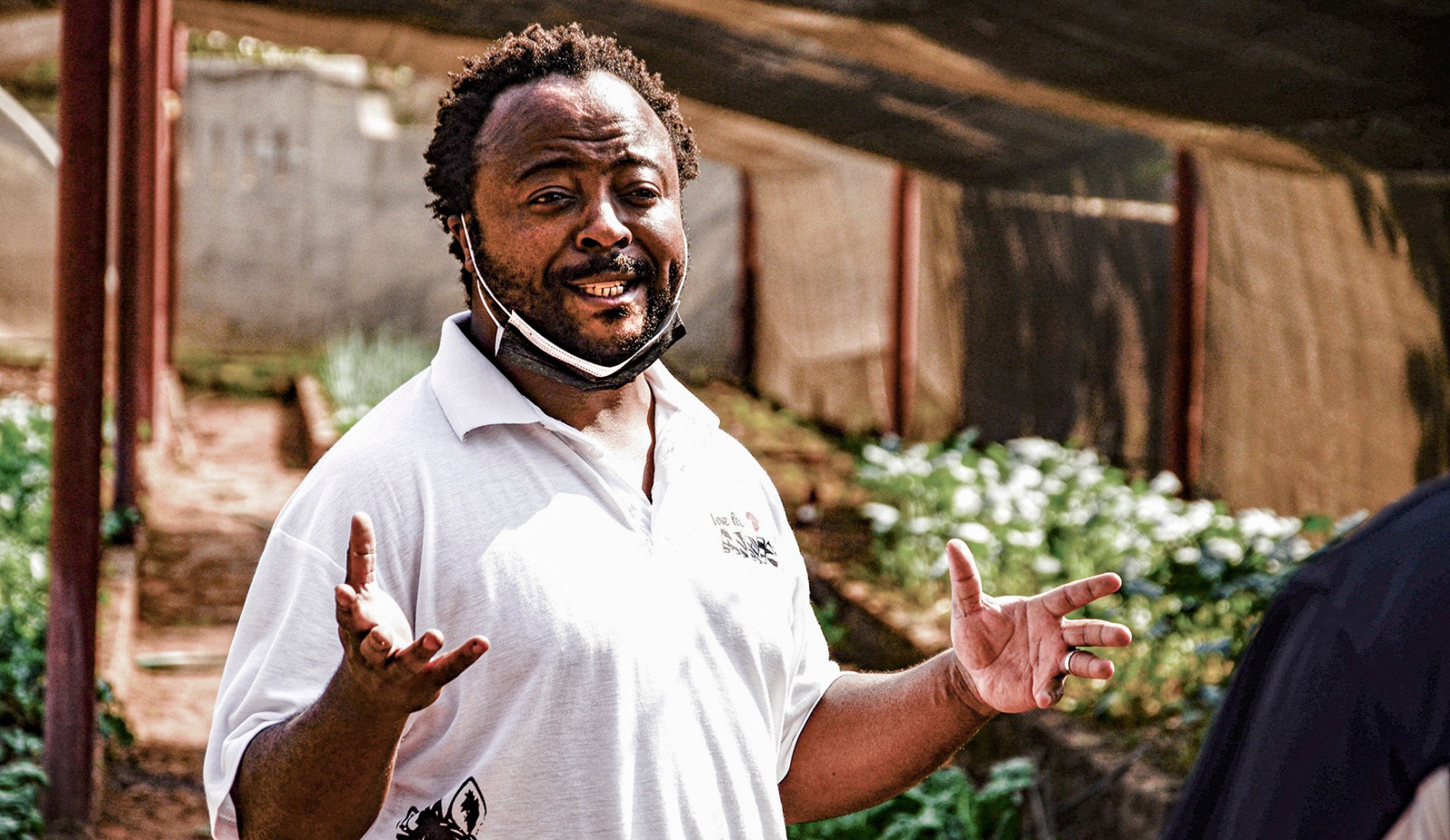

 Slider1 year ago
Slider1 year ago
 News1 year ago
News1 year ago
 Tourism and Environment2 years ago
Tourism and Environment2 years ago
 News3 years ago
News3 years ago
 News2 years ago
News2 years ago
 News2 years ago
News2 years ago
 News1 year ago
News1 year ago
 News2 years ago
News2 years ago
